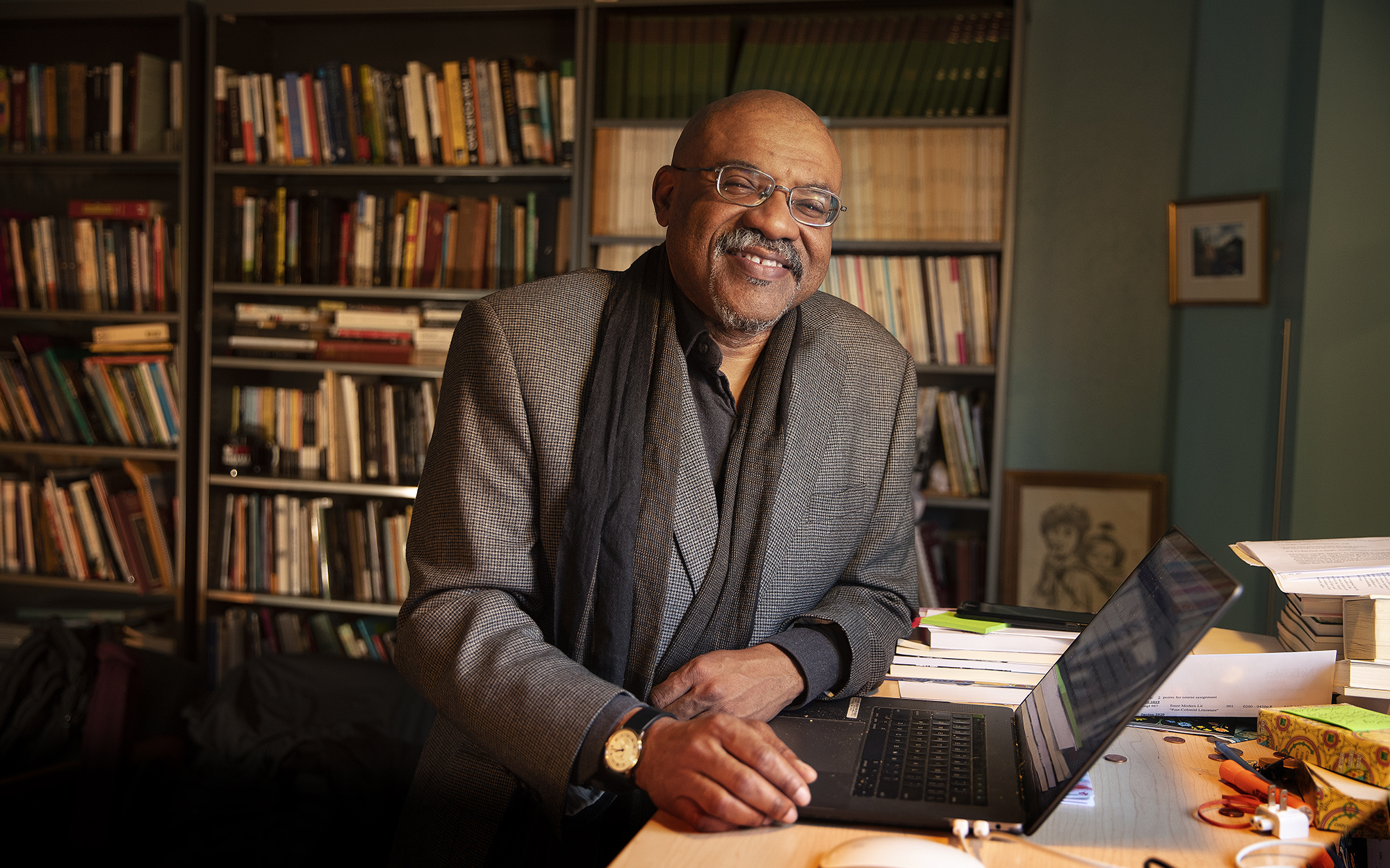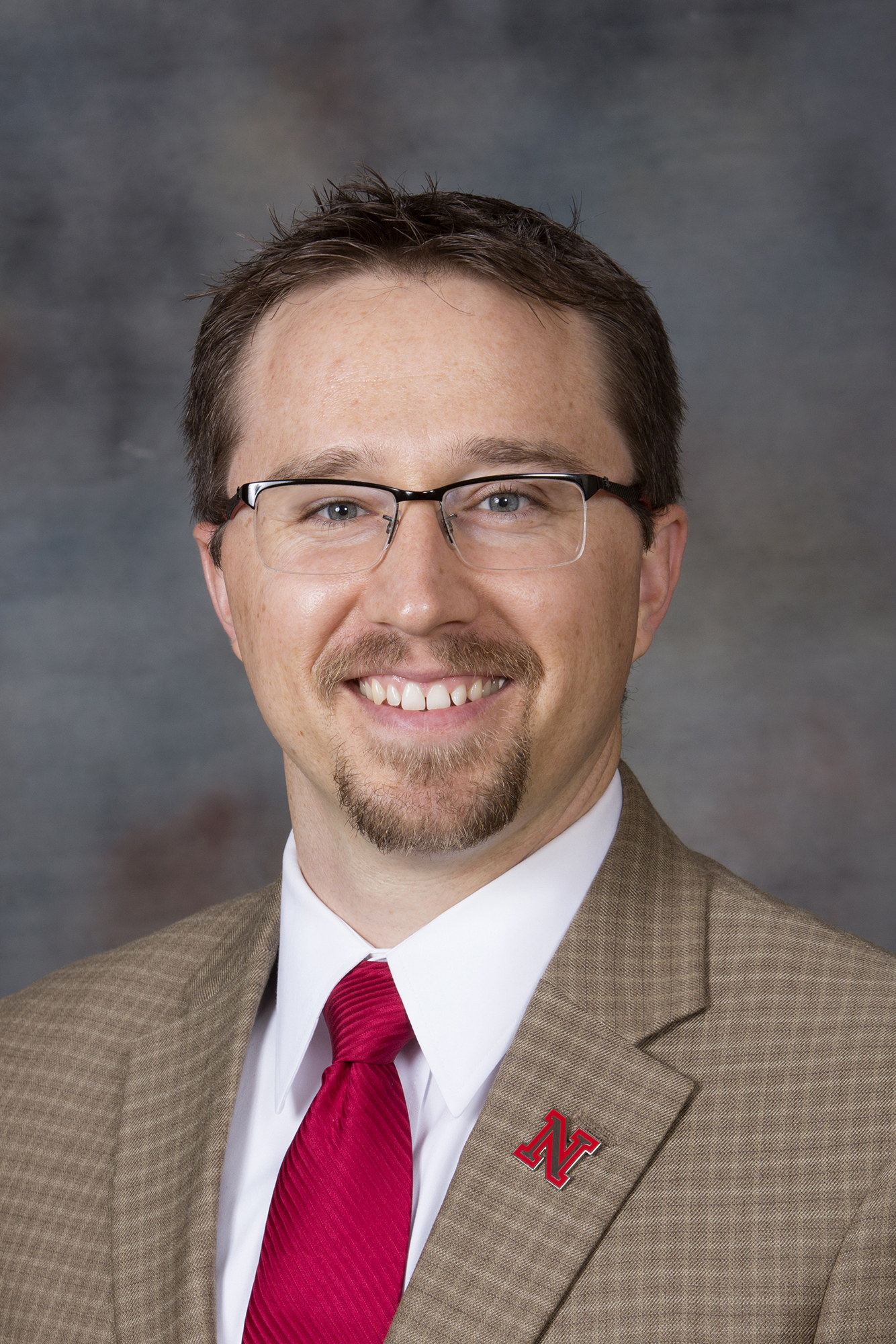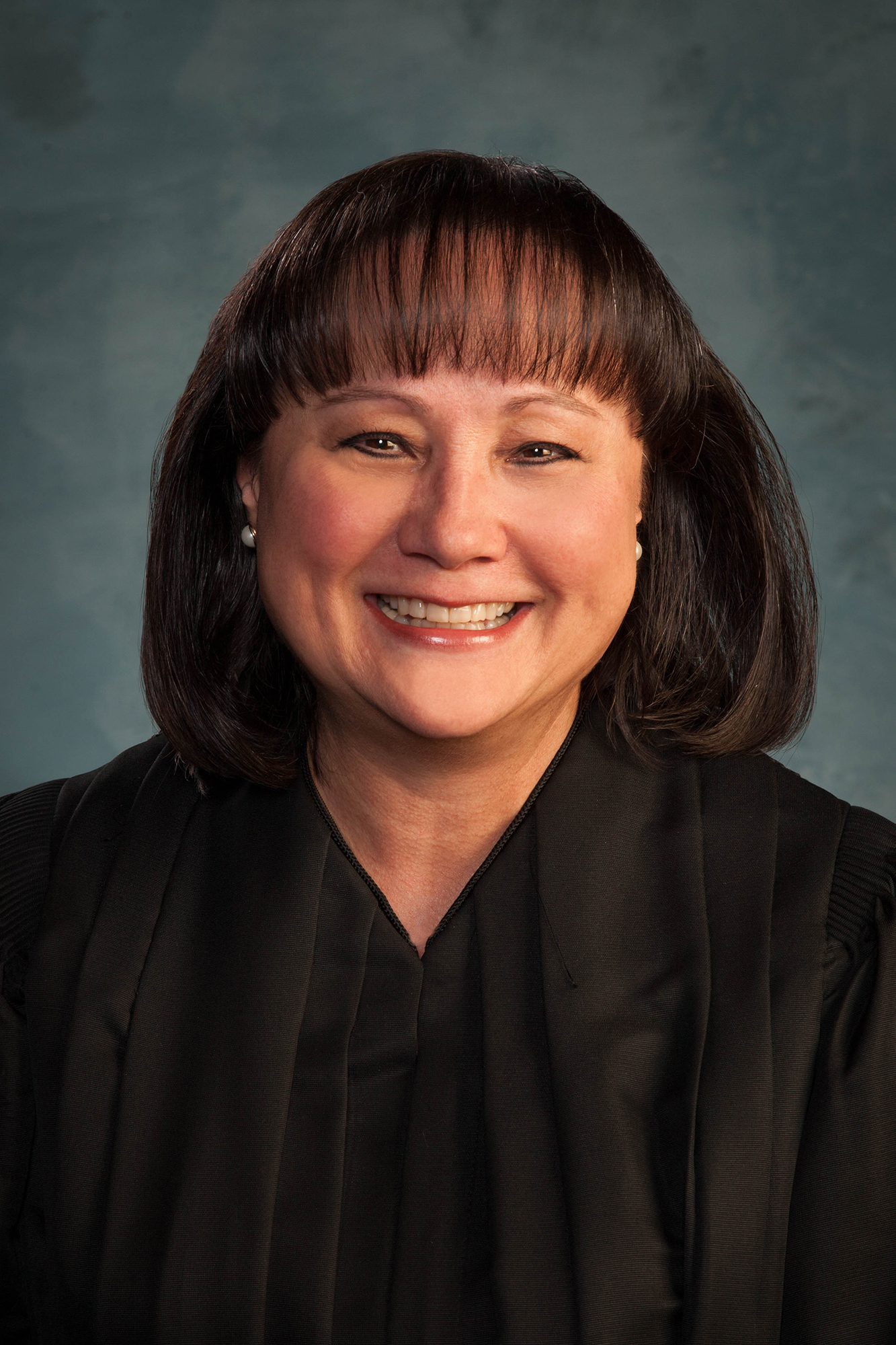
Kwame Dawes told the University of Nebraska–Lincoln’s December graduates to ask big questions, be engaged and continually try in the face of a complex, ever-changing world.
Full list of graduates | Featured grads | Photo gallery
Dawes, award-winning poet and writer, Chancellor’s Professor of English and Glenna Luschei Editor of Prairie Schooner, delivered the undergraduate commencement address, “Only the Trying,” Dec. 21 at Pinnacle Bank Arena.
He opened the speech with a passage from T.S. Eliot’s epic poem “The Four Quarters.” The phrase he wanted the graduates to reflect upon is: “For us, there is only the trying. The rest is not our business.”
A few years ago, Dawes set out to better understand the history of the American presidency. He started with George Washington and made his way through about two dozen presidents, reading biographies and autobiographies.
“It was something else,” he said. “Even then, politics were raw, complicated, and the actions and decisions of our leaders had a massive impact on the daily lives of people. Much of it seemed remarkably familiar.”
Dawes said despite how “ugly, brutal and sometimes despicable” the stories he discovered, he found comfort in what he read. For every indication of brute acceptance of bigotry and the demeaning of other people, whether Native people or African-Americans, there existed those who wrestled with it, spoke out against it, asked questions and tried to offer alternate views.
“When major issues of conscience and morality were being discussed around the country, and when unconscionable ideas prevailed, there were people who felt differently and who understood that to be a part of their Americanness,” he said. “They tried.”
Dawes said he began to realize that the emotional and moral compass of a society could be tracked by what will always be found in letters, poems, songs, stories, newspaper articles, sermons and essays, and, in modern times, emails, blogs, social media posts and text messages.
“By this I mean, there is a moral compass to a society that can be preserved in ordinary people being willing to ask questions, to resist the easy answers and to try to do the right thing and act in the right way,” he said.
Dawes reminded the graduates that they will shape society and leave a legacy among their peers and especially family members who follow them.
“I believe that our inadequate struggle with big questions can be a great comfort to those who come after us,” he said. “You will be the reminder of the persistence of the soul and conscience of our time by the mere act of being engaged, being willing to ask questions, being open to breaking with the sway of the world, in finding out truth for yourself.”

Dawes said this is especially important in a world where people are fed a steady diet of what they already believe or think they know.
“You can see the danger in this. Ignorance is not a sin; it is a pre-requisite to understanding,” he said. “But if we are constantly told what we already know, then the secret ingredient of learning, which is ignorance or the awareness of what we don’t know, is taken from us. So let us try to push against those who seek (to limit) our capacity or our will to know, to make us zombies in the world.”
Dawes closed the address by encouraging the graduates to be a genuine presence in the world by being willing to try.
Regarding Eliot’s “the rest is not our business” line, he said: “I believe we can also read this as a vernacular way of saying, there are things we have no control over and there are things that we can’t guarantee in life and there are things that we can’t even influence, and apart from learning the values of trying, we must also learn the value of not wasting our time, not sweating the things we cannot affect and change.
“What makes life interesting is that it combines the impossibility of the unexpected and the unplanned with the beauty of the things we can do for ourselves. So, let us celebrate the trying, for as Eliot says, the rest is not our business.”
The university presented Mike Johanns, former U.S. senator for Nebraska, former U.S. secretary of agriculture and former Nebraska governor, with an honorary Doctor of Laws during the undergraduate ceremony.

L.J. McElravy, associate professor of leadership in the Department of Agricultural Leadership, Education and Communication and associate dean of graduate student professional development, gave the address “Follow Me on Twitter @LJMcElravy” at the graduate and professional degree ceremony Dec. 20 at the arena.
The focus of the speech was maximizing opportunities, and McElravy joked that he was doing just that by trying to gain some Twitter followers.
He encouraged the graduates to make the most of their opportunities by being open to learning and being specific and transparent with their actions.
“You’ve all earned your education,” he said. “Some good news is now you have some extra letters to put at the end of your name. I’m afraid I also have what some may consider not-so-great news. You’re likely familiar with the phrase ‘ignorance is bliss,’ and your education reduces your freedom to personally engage with ignorance. You’ll have to find other ways of finding your bliss, like being open to learning.”
McElravy told the graduates not to devalue how others have learned their truths and to be open to new ideas.
“Being open to learning ensures that you will take information and knowledge, regardless of how it makes you feel, and find opportunities to make positive change,” he said.

McElravy said synergy is created by combining specificity and transparency.
“Specificity promotes clarity and follow through, ensuring that actions are engaged as intended. In other words, know what you want to do before you do it,” he said. “Transparency allows for participation, inclusion and, perhaps most importantly, critique from others. That is to say, communicate what you’re trying to do so you can invite others along.
“We can’t foresee all the outcomes of our action, but I contend that our opportunities can only be maximized by respecting our interdependence through specific and transparent actions.”

Riko Bishop, a judge of the Nebraska Court of Appeals, spoke to the law graduates Dec. 20 at Hamann Auditorium in McCollum Hall.
The university conferred 1,427 degrees during the winter commencement ceremonies. The 1,403 graduates are from 49 countries, 36 states and more than 150 Nebraska communities.
The December graduating class earned eight new Juris Doctor degrees, 347 new graduate and professional degrees and 1,072 new baccalaureate degrees. The university has awarded 295,754 degrees since it was founded in 1869.












